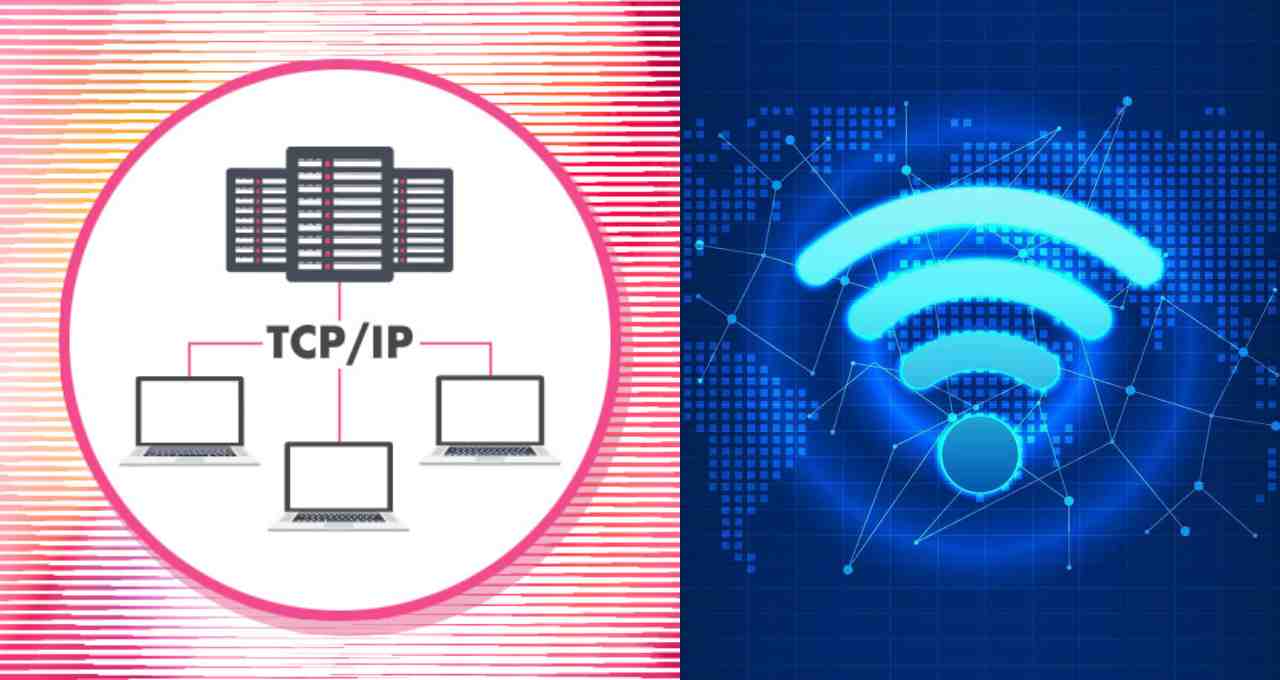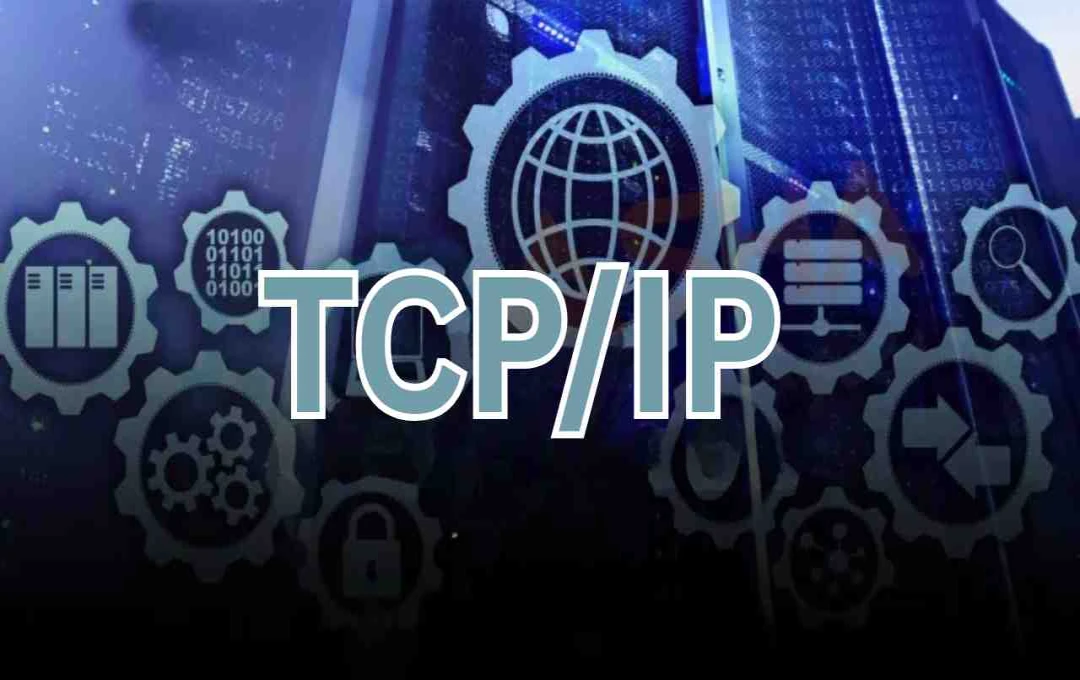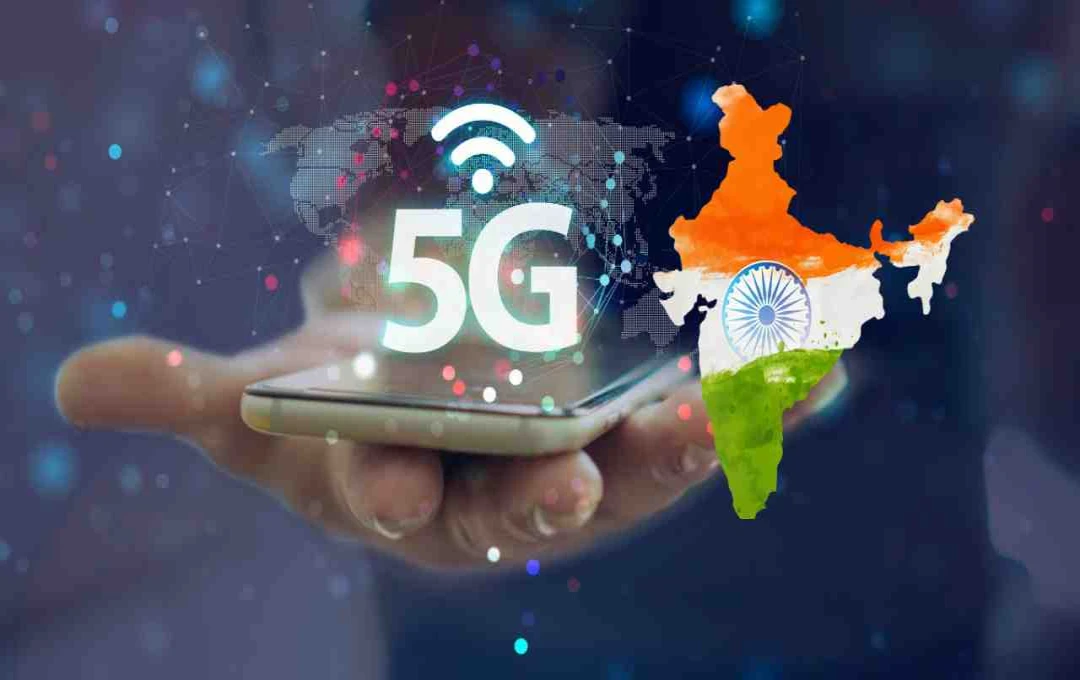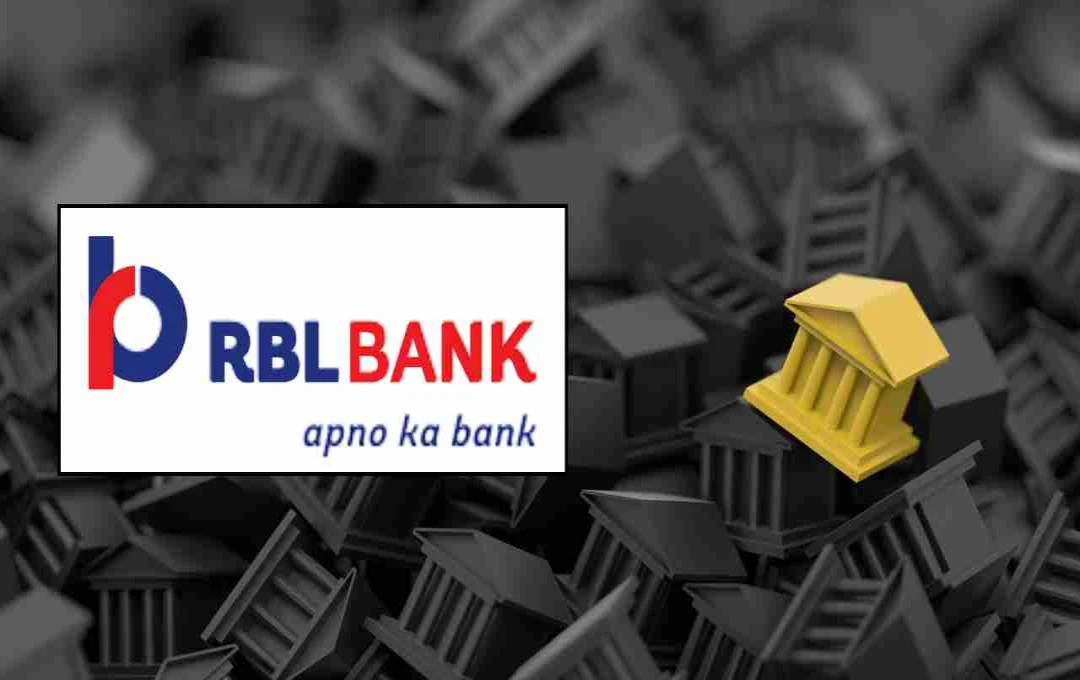The world of the internet is based on TCP/IP (Transmission Control Protocol and Internet Protocol), which connects all computers and devices in a common language. This protocol ensures that data transfer is secure, organized, and timely. With the help of IP Address and DNS, access to websites and online services becomes easy and reliable.
TCP/IP: How the Internet Stays Secure and Organized. The internet plays a crucial role worldwide today, and its operation depends on the TCP/IP protocol. This protocol connects computers and mobile devices, delivering data securely, in the correct order, and on time. With the assistance of IP Address and DNS, browsers easily connect to websites. This technology is essential for services like online education, business, social media, and video streaming.
The Backbone of the Internet, Connecting the World
The internet has become an integral part of our lives today, but have you ever wondered how millions of computers and devices connect with each other so seamlessly? The answer is TCP/IP, which stands for Transmission Control Protocol and Internet Protocol. These digital languages govern the entire online world, ensuring every data transfer is secure, organized, and delivered on time.
It's difficult to imagine the internet without TCP/IP. Email, websites, video streaming, or social media all rely on the TCP/IP protocol through data packets.
Understanding TCP/IP
To understand TCP/IP in the simplest way, you can think of it as a digital post office. Every piece of data on the internet is packed into a digital envelope (packet). This envelope contains the sender's and recipient's address, i.e., the IP Address.
When your computer contacts a server, data is divided into small packets and sent. Each packet has a sequence number and an IP address written on it. As soon as a packet arrives, the computer sends an acknowledgment. If a packet does not reach correctly, it is resent.

IP Address and DNS
Every computer or mobile device receives a unique IP Address as soon as it connects to the internet. This can be in four octets (IPv4) or eight groups (IPv6). The IP Address is like the address of your digital home.
The function of DNS (Domain Name System) is to provide easily memorable names like google.com or youtube.com instead of long and complex IP addresses. Your browser uses DNS to find the correct IP address and connect your device to the right server.
Data Transfer Process and Security
Data transfer always begins with a three-way handshake. The computer asks the server, “Are you ready?” The server confirms, “Yes, I am ready,” and then data exchange begins. TCP/IP ensures that data arrives in the correct order, securely, and on time.
These protocols make email, websites, and video streaming reliable and stable. Without them, data loss and connectivity issues would become common on the internet.
TCP/IP is the backbone of the internet, connecting computers and devices worldwide in a common language. This protocol ensures the security, correct order, and timely delivery of data. In the future, with new technologies and 5G networks, TCP/IP will play an even more crucial role.














